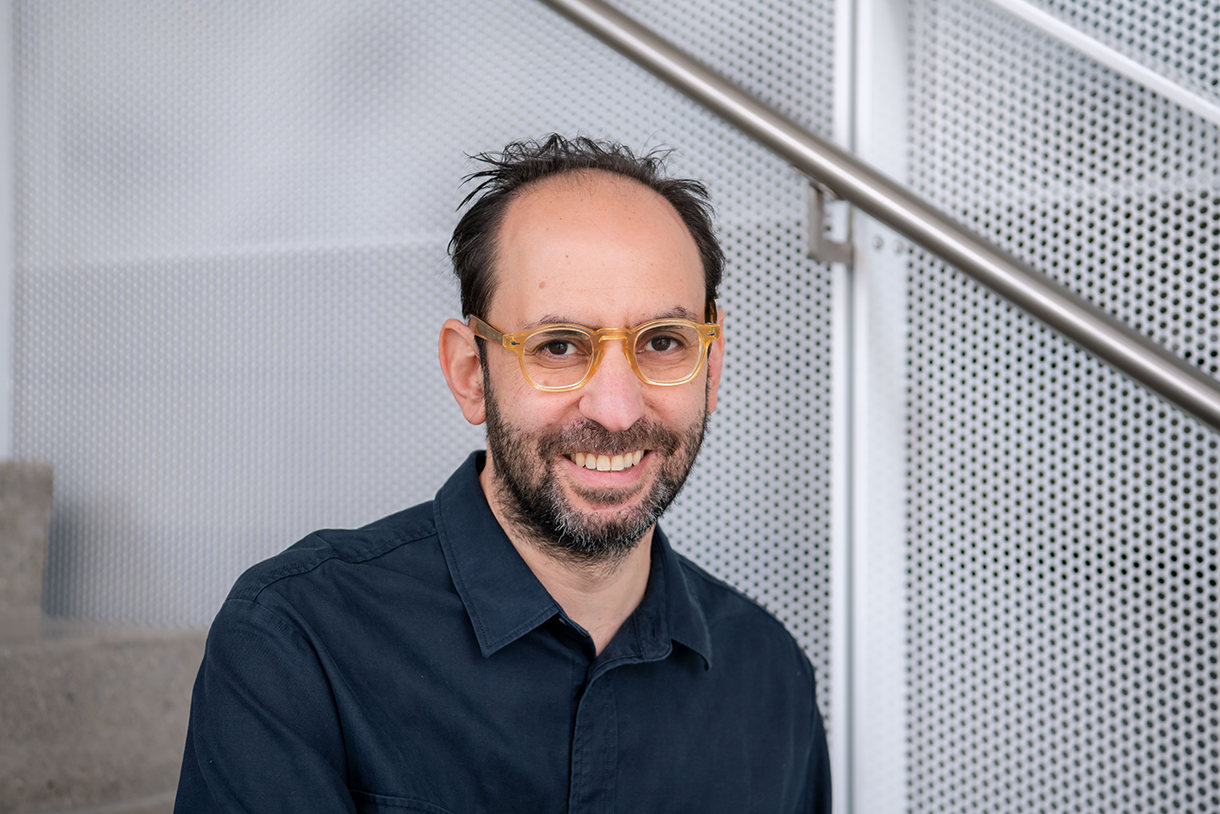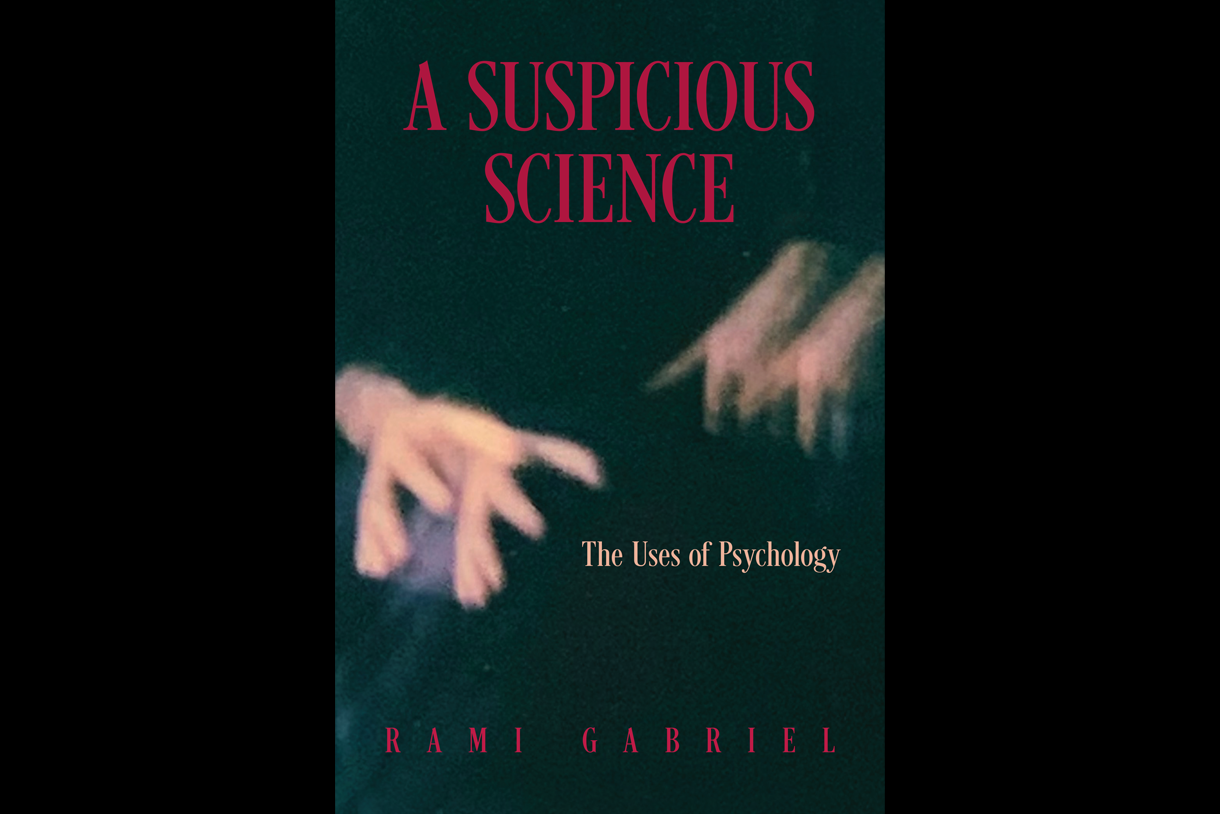HHHS Associate Professor Publishes Book Decades in the Making
Associate Professor in History, Humanities, and Social Sciences (HHSS) Rami Gabriel’s new book A Suspicious Science was published by Oxford University Press on March 21.
The book looks at the uses of psychology in today’s world and draws from history and anthropology to articulate an interdisciplinary multi-level form of the science that may serve to orient the field in the future.
The book is a culmination of years of work and research.
“It's so nice to be able to leaf through it instead of it being in a hundred different places,” Gabriel says. “It's all these ideas in one place. And now I can do what should be fun, which is engaging with people, talking to people."
Gabriel, a psychology professor, has been studying the philosophy of psychology for about 20 years. He started the bones for A Suspicious Science 10 years ago, but was pulled in other directions, including writing The Emotional Mind alongside fellow Columbia College Chicago professor Stephen Asma.
In 2020, Gabriel took a sabbatical and got into the weeds of researching and writing for A Suspicious Science. This took him down numerous paths that investigated this history of psychology, its ever-changing place in societies, and new considerations of the scope of what is considered psychology.
He began by looking at the history of psychology and the major theories in the field that have been put forward over the last 150 years. That led him to read Roman historian Plutarch and see his ancient perspective on what he and his contemporaries thought was good sense versus superstition. He considered how some of what they believed to be true seems ridiculous through a modern lens.
“I thought, well, how much stuff that we are doing, we don't know is superstitious,” Gabriel says. “And in 2000 years, they're going to look at it and say, ‘oh my God, look at all these superstitions.’”
From there, Gabriel started to explore anthropology and how psychology and the mind are approached across cultures, past and present. This led him to a reconsideration the role modern, western psychology plays in our daily lives. This includes everything from medication to self-help to the reflexive nature of art
As he worked and continued learning, he published articles stemming from his research in the journals Aeon and New Humanist.
“I was publishing along the way and then I started just getting deeper and deeper into these issues” Gabriel says. “And next thing you know, it was a book.”
After the release of A Suspicious Science, Gabriel willpresent at The University of Chicago and the University of Illinois at Chicago to groups of academics from different backgrounds. He is excited to hear different reactions and perspectives on his work and knows some of the ideas he explores will spark discussion.
“I want to hear what philosophers and psychologists think of this because a lot of this is kind of controversial,” Gabriel says. “I'm kind of questioning the basis of many claims that people are taking for granted.”
All the work and time on A Suspicious Science did not end Gabriel’s curiosity. In fact, he has ideas and proposals for two more books in the works based on what he learned during his research.

